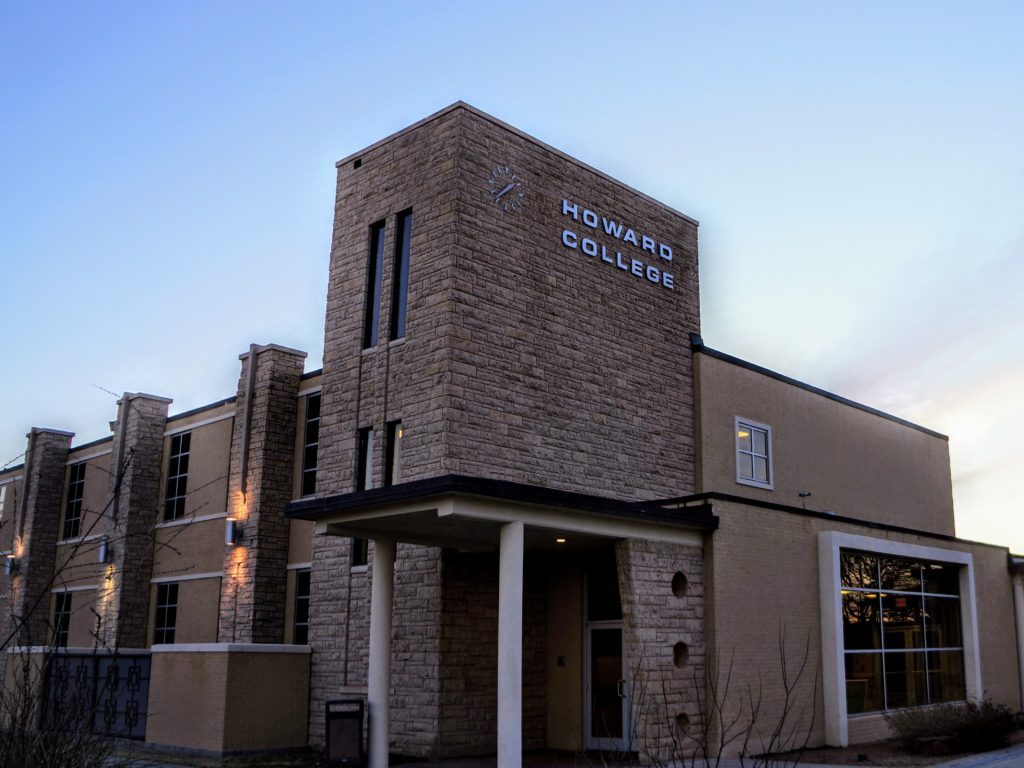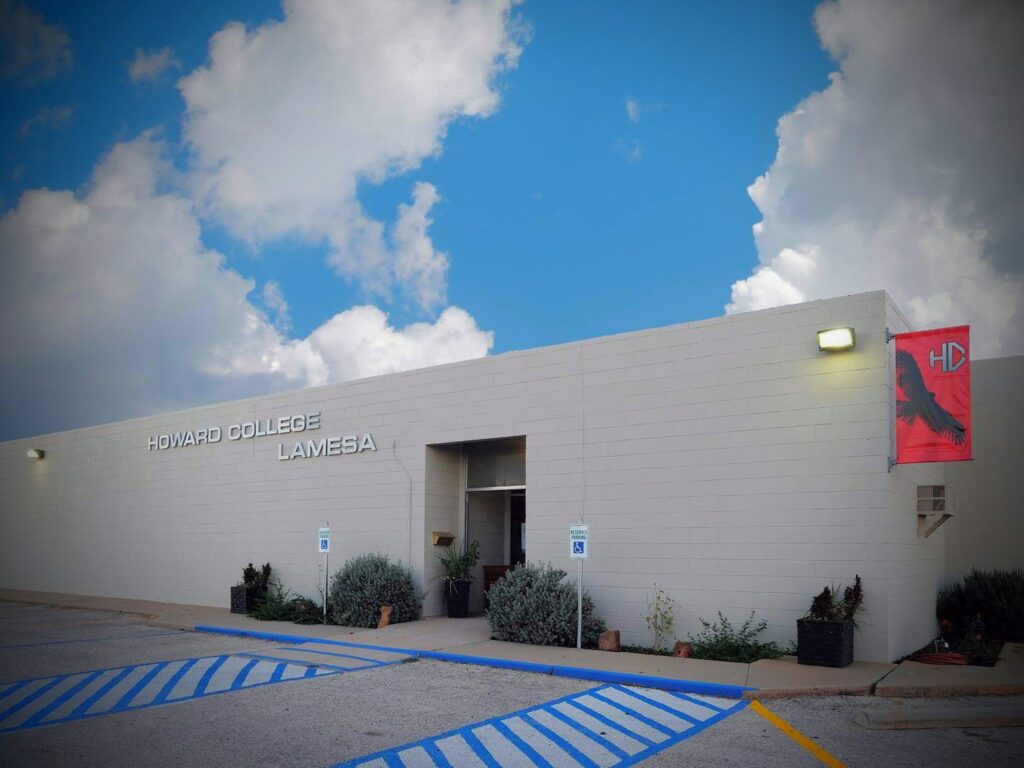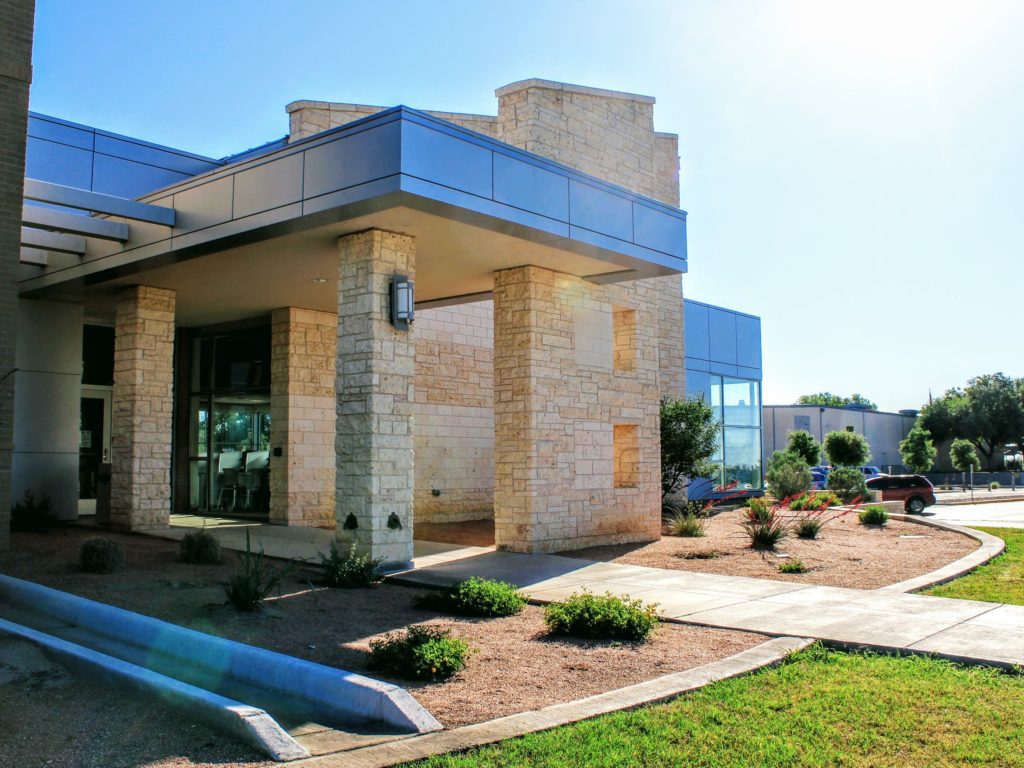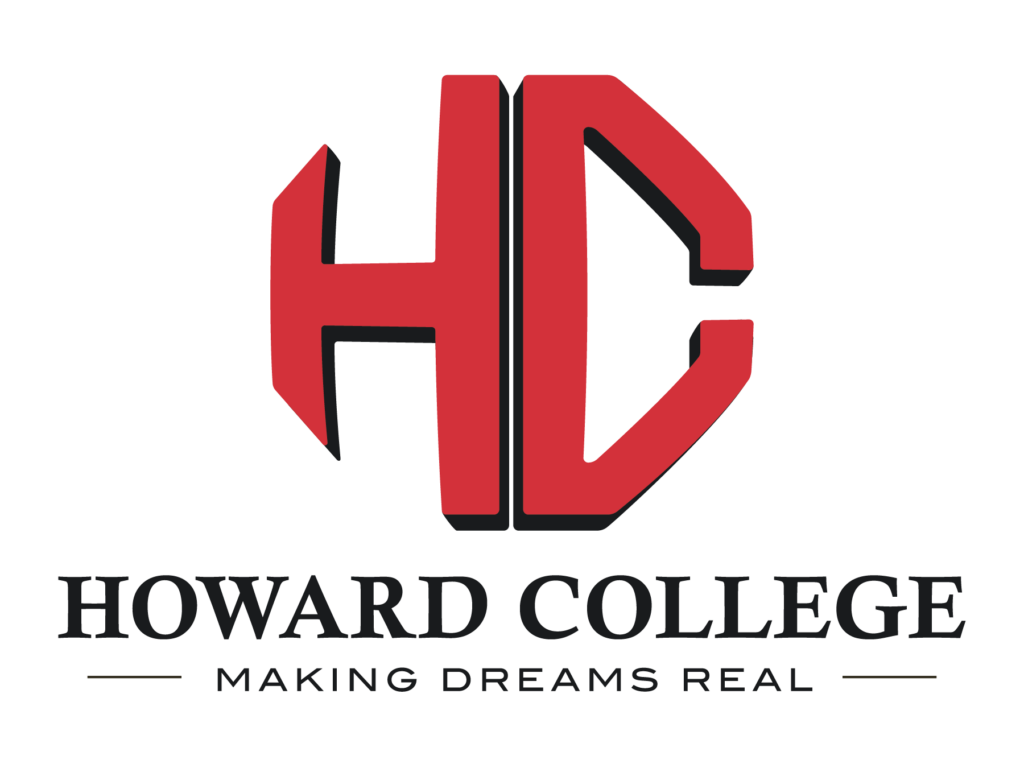San Angelo Transition LVN to RN Program
Applications are accepted between March 1st and April 1st. If you have any questions about the program please contact us using the information below on the “Contact Us” tab.
The Transition Associate Degree Nursing Program is a 12-month program that has been developed for the currently licensed Vocational Nurse. The lecture portion of this program is performed in the online learning environment. The program is approved by the Texas Board of Nursing and the Texas Higher Education Coordinating Board. The students who enter this program are Vocational Nurses who have recently completed their VN requirements or who have been practicing a year or, in some cases many years, and who wish to further their education and become a Registered Nurse. The Vocational Nurse who is admitted to this program will take a Transition Nursing course in the first semester, and upon successful completion of this class will merge with the second year generic ADN students.
Resources
(Click Health Professions to do Background check & Drug Screen)
Nursing has been an integral part of Howard College’s history for over fifty years. The LVN program at the college began in 1958. The Associate Degree program began in January of 1976. The Big Spring Campus hosts a LVN, RN, and Transition program. The LVN program has a branch at the San Angelo campus as well that started in 1980. Since June 2003, the didactic portion of the second year of the RN program has taken place in the online learning environment.
In 2016 the San Angelo Campus received approval from the Texas Board of Nursing for both a Transition (LVN to RN) program and RN program. The 2nd year of both programs takes place in the online learning environment for lecture content
Clinical rotations for all programs are excellent and varied. We are fortunate to have Affiliation Agreements with many hospitals and clinics in Big Spring, San Angelo, and the surrounding areas.
~Florence Nightingale, 1914
MISSION
The ADN program supports the Mission of Howard College. Howard College offers an undergraduate program that prepares entry level competent professionals to meet the nursing care needs of the communities it serves through quality, innovative education for lifelong learning.
Howard College strives to serve the communities within the 13 county service area, by offering an ADN program that is accessible to the entire service area. The ADN program enhances the economic, community, cultural and personal development within the service area community partnerships as its public service mission. It strives for innovative teaching and student development to enhance student learning and support the students’ future development as professional nurses.
Recognizing the individual diversity of learners, the ADN program is committed to excellence in nursing education by providing a supportive and caring environment in order to facilitate personal and professional growth, educational mobility, and life-long learning.
Howard College’s mission for the generic and accelerated LVN to RN is to prepare professional nurses who are critical thinkers and outstanding providers of evidence based health promotion, disease prevention, rehabilitation, and care of sick and dying patients across the life span in San Angelo and surrounding areas.
PHILOSOPHY
THE FACULTY of the ADN program, an integral part of Howard College, accept the purposes and objectives of the college.
WE, the faculty, believe that each individual possesses worth and dignity and has unique abilities for achievement of his/her maximum potential. To this end, man is endowed with individuality, potential for growth, and freedom to make choices for which he/she is held accountable. The individual and society are in search of a balance and harmony among the mental, social, physical and spiritual dimensions.
WE, the faculty, believe nursing is a practice discipline with a unique body of knowledge based on principles and concepts derived from the sciences and humanities. The goal of nursing as a caring profession is to assist individuals, families, and communities in health promotion, maintenance and restoration throughout the life process.
NURSING fulfills (attains) this goal through communication, problem-solving and critical thinking that structures its framework on the nursing process. Within this framework, nursing draws from the principles and concepts of the sciences and humanities as the basis for teaching and implementing actions of nursing practice. Within a dynamic internal and external environment (culture), each individual strives to maintain homeostasis on the wellness-illness continuum through the process of adaptation.
WE, the faculty, believe nursing education is a dynamic teaching-learning process (experience) necessary for the implementation of the nursing process and the development of clinical, human, economic and community relation skills unique to the practice of nursing. Education is a process of self-realization, encompassing life experiences. Through this process, the learner assimilates knowledge, masters clinical skills, establishes values, realizes their unique potential, and ultimately embraces accountability to the profession and to society.
LEARNING is a sequential process that requires problem solving and the ability to organize parts into a meaningful whole. Learning occurs through socialization and change. Socialization is integrated through a variety of social agents, including the family, the peer group, the school, the job, religion, and the transcultural/rural community.
The Howard College ADN Program subscribes to the following as approaches to learning:
- Learning occurs when a need or problem is encountered.
Readiness influences direction, energizing the learner with drive and motivation.
- An atmosphere of mutual respect and trust is conducive to the learning process.
- Reinforcement of desired behavior is achieved through rewards and enhances retention.
- Repetition of responses through practice and feedback reinforces desired behavior.
- Learning occurs when the learner accepts the major responsibility in the learning process. Learning is a lifelong process.
- Active involvement allows the learner to participate in problem solving. The individual acts, originates, and thinks based on unique life experiences.
- Progression of learning is sequential and hierarchical in nature.
- Socialization defines social expectation, i.e., values/attitudes and appropriate behavior patterns that the immediate social environment considers appropriate. Learning through socialization continues through the stages of maturity.
WE, the faculty, accept the responsibility of assisting and facilitating through guidance and resources the student educational process. The faculty is a diversified entity responsible for creating an atmosphere of mutual trust and respect. The faculty proactively establishes objectives, organizes materials, designs and arranges learning activities, selects content, and evaluates performance in ways that enable students to learn. To meet this aim, the curriculum incorporates the following concepts: accountability, communication, life processes, safety, and adaptation. To further strengthen this educational outcome, the faculty utilizes strategies, which foster (encourage) commitment, accountability, decision-making, problem solving, and self-awareness in ongoing educational pursuits. Educating registered nurses who become care givers, leaders, educators, and members of the health care community is a unified goal of the faculty.
GOALS
The goal of nursing as a caring profession is to assist individuals, families, and communities in health promotion, maintenance and restoration throughout the life process. The ADN faculty believe the nurse attains this goal through communication, problem-solving and critical thinking that structures its framework on the nursing process. Within this framework, nursing draws from the principles and concepts of the sciences and humanities as the basis for teaching and implementing actions of nursing practice. Within a dynamic internal and external environment (culture), each individual strives to maintain homeostasis on the wellness-illness continuum through the process of adaptation.
The program outcomes (Critical Thinking, Communication, Skills Competencies,
Professional Growth and Development) were determined by Howard College for all workforce programs and are consistent with Texas BON Differentiated Essential
Competencies of Graduates of Texas Nursing Programs (DECs).
WE, the faculty, believe the primary role of the Associate Degree Nursing Program at Howard College is:
Critical Thinking & Communication
– To prepare graduates of the Associate Degree Nursing Program to perform safe nursing practice as defined by the Board of Nursing (BON) Competencies of the
Associate Degree Nurse on entry into practice.
Skills Competencies
– To prepare graduates to articulate within the totality of nursing (greater than LVN practice/less than BSN practice).
Professional Growth and Development
– To instill (and encourage) the desire in the graduate a commitment to professional growth and continuous self-development.
Employability
– To provide the community with graduates who are eligible to apply to take the
National Council of Licensure Examination for Registered Nurses (NCLEX-RN)
– To provide the community with graduates who display basic knowledge in the area of nursing practice such as referrals, consultation, collaboration, fiscal responsibilities, and technical skills, in caring for client, family, and health care institution.
This is fulfilled through the following value statements of Howard College and the nursing program.
The faculty, as part of Howard College working as one that:
Focuses on who we serve,
By providing the community with graduates who display basic knowledge in the area nursing practice such as referrals, consultation, collaboration, fiscal responsibilities, and technical skills in caring for clients, family, and health care institution.
Provides quality innovative instruction and services leading to successful outcomes;
By providing the community with graduates who are eligible to apply to take the National Council of Licensure Examination for Registered Nurses
(NCLEX-RN).
Utilizes effective and efficient processes, policies and procedures,
By preparing graduates to articulate within the totality of nursing (greater than LVN practice but less than BSN practice), using the Differentiated Essential Competencies published by the Texas Board of Nursing Fall 2010.
By preparing graduates of the Associate Degree Nursing Program to perform safe nursing practice as defined by the Accreditation Commission for Education in Nursing Inc. (ACEN) Competencies of the Associate Degree Nurse on entry into practice.
Demands a culture of personal and institutional integrity and accountability;
By providing an atmosphere of mutual respect and trust that is conducive to the learning process.
Fosters an environment of high academic standards, exceptional performance and service by all;
By instilling the desire in the graduate a commitment to professional growth and continuous self-development through lifelong learning.
Values the individual employee/student
By believing that each individual possesses worth and dignity and has unique abilities for achievement of his/her maximum potential.
Pre-application Requirements (Before April 1 or October 15):
- Passing test scores from an approved college assessment exam are required to gain entrance into academic courses. If needed, HC administers the TSI exam. The Testing Schedule is posted on the campus website or may be obtained by contacting the Testing Center on each campus.
- Attend a Howard College Health Professions Orientation. Orientations are posted on the Health Professions San Angelo homepage. Attendance is mandatory for anyone applying for a San Angelo Health Professions program. Failure to attend a HPO may result in a deduction in admission points. The Health Professions Orientation is very important.
- Prior to provisional admission to the Transition LVN to RN Nursing Program, the applicant must successfully complete the required prerequisite courses with a final grade of “C” or above.
BIOL 2101/2301 – Anatomy & Physiology I (Lecture & Lab)
BIOL 2102/2302 – Anatomy & Physiology II (Lecture & Lab)
BIOL 2120/2320 – Microbiology for Non-Science Majors (Lecture & Lab)
PSYC 2314 – Lifespan Growth and Development
- Students seeking admission to the Registered Nursing Program must take the Test of Essential Academic Skills Test (TEAS). The student will be responsible for registering and paying for the exam through the ATI website (www.atitesting.com). The Testing Schedule is on the Howard College website howardcollege.edu. Please contact the Testing Coordinator at (325) 481-8300 x3405 for more information. The TEAS test can be taken once every 30 days with a maximum number of three (3) times per admission cycle (September 1 – May 31). ONLY TEAS scores will be accepted. The test results are good for five years.
- Successful completion of a criminal background check.
Application Requirements April 1 or October 15.
- Submit the Health Professions Application for the desired program online, along with transcripts from each college/university attended. Applications will be accepted starting March 1st with the final due date being April 1st.
- Provide proof of immunizations – provide copies, you keep the originals for your records. Immunizations required: Hepatitis B (3 doses OR a positive titer; MMR (2 doses OR a positive titer, Tdap (Tetanus, Diphtheria, and Pertussis – one dose within the last 10 years). Varicella (2 doses OR a positive titer).
- Provide proof of LVN license.
Once Selected
- Successfully take and pass the approved American Heart Association Basic Life Support for Health Care Providers class.
- Pass a ten-panel drug test (prior to beginning clinical rotations—due date provided).
- Provide documented proof of health insurance.
- Pass a physical exam (form to be completed will be provided).
- Provide documentation of Covid immunizations (or exemption if accepted by clinical facilities)
- Provide documentation of having taken the flu vaccine and completed a an annual TB skin test (due date to be provided by program chair).
Note: Due to the heavy academic and clinical time requirements of the Nursing courses, it is recommended that support courses be completed before entry into this program. Scheduling problems may arise and could delay a student’s graduation. Students using financial aid may choose to delay one or two of the support courses to use during semesters with less than 12 Nursing course hours.
These expenses in addition to tuition and fees are approximate only and are subject to change.
Cost information, Tuition, and Fees for each semester can be found in the Howard College Catalog.
Fees Associated with Admission:
- Immunizations – Variable
- Background Check –Variable
In addition to tuition/fees assessed by the college, the following approximate additional fees are the responsibility of the student and are subject to change:
- Basic Life Support Class for Health Care Providers (CPR) – $65 depending on where you take it.
- Physical Exam – Variable depending on health insurance
- 10-Panel Drug Test through Castle Branch –Variable
- Health Insurance – Variable
- TB Test (PPD) – Variable depending on health insurance
- Flu Shot –Variable
- Clinical Travel Expenses (in and out of town) – Variable
Uniforms:
- Scrubs – red top / black pants – $60 each set (each student will need at least 2 sets of scrubs) (variable)
- Closed Toe/Heal Shoes – Variable
- Lab coats are optional – $40 (variable)
- Stethoscope – Variable
- Penlight – Variable
- Bandage Scissors – Variable
- Program Patch – $6
- Watch with a second hand (not digital or smartwatch) – Variable
Textbooks: (prices are variable)
- Summer/Spring Transition Course $1500
- Fall/Spring Semester I – $500
- Spring/Summer Semester I – $500
Licensing Expenses During Final Semester:
- NCLEX- RN Exam Fee – $200
- RN Application Fee – $100
- Additional Reviews or products prior to taking NCLEX – RN – Variable
Marnita Jo Guinn PhD, RN
Program Co-Chair – Associate Degree Nursing
(325) 481-8371, ext. 3428
mguinn@howardcollege.edu
Kelli Rowe
Assistant to Dean of Health Professions
(325) 481-8371, ext. 3435
(325) 481-8373 – Fax
krowe@howardcollege.edu




